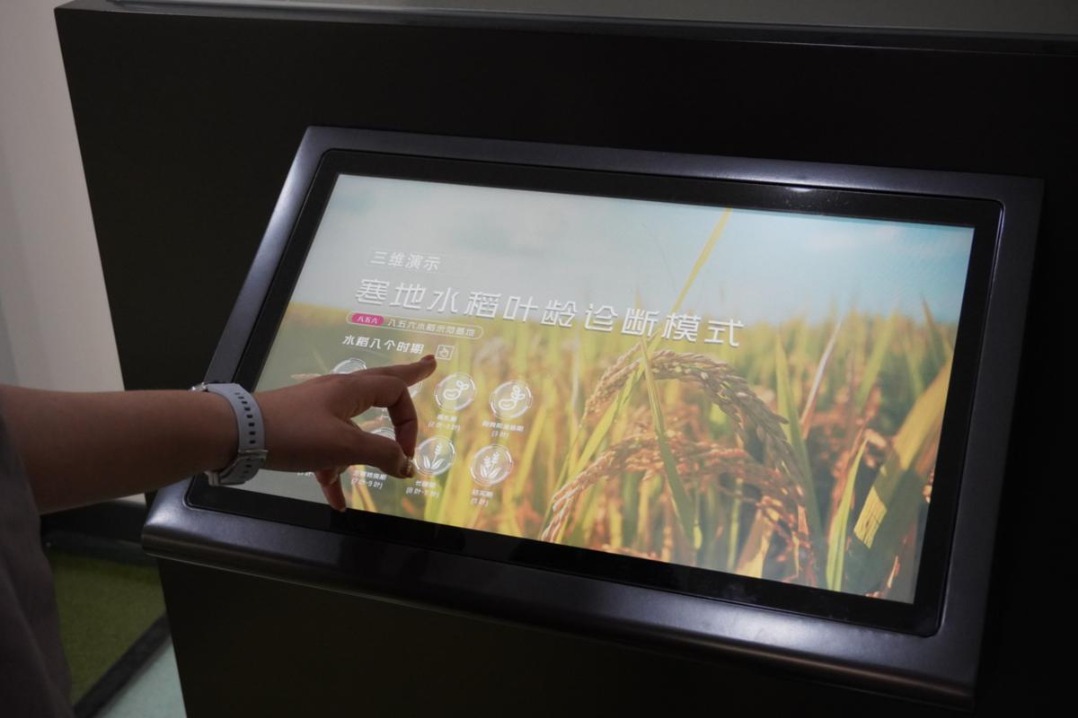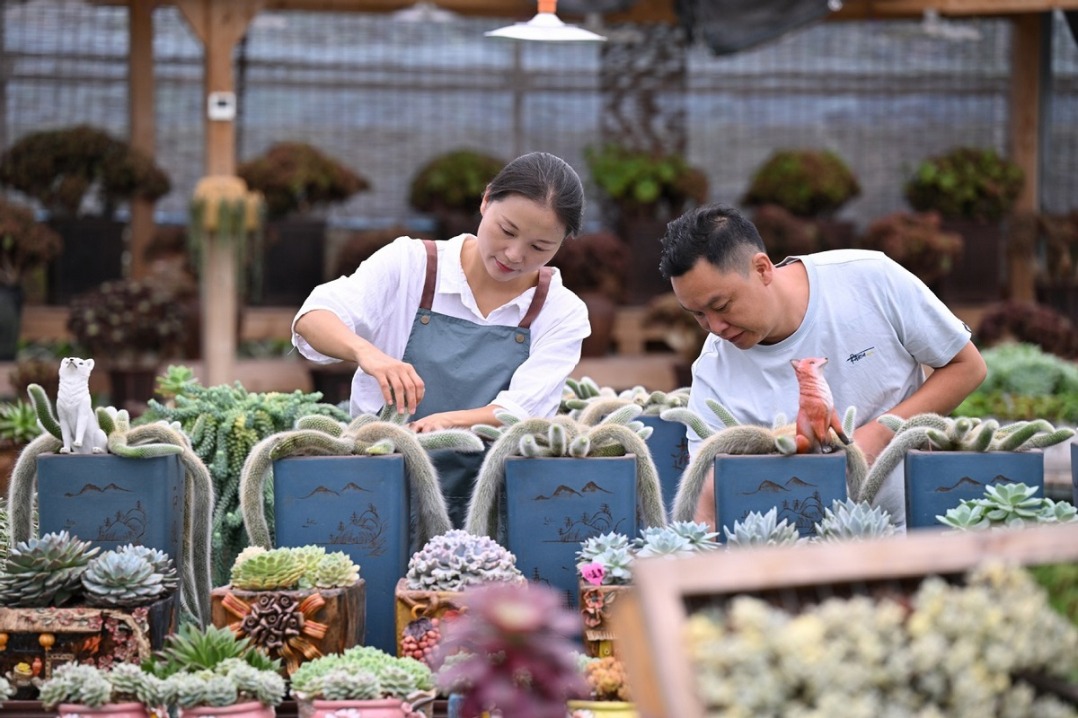Lead exposure prompts school food safety inspections

Local governments across China have begun conducting food safety inspections at kindergartens following an incident in Tianshui, Gansu province, where more than 200 children at a kindergarten were found to have high blood lead levels after consuming meals containing diluted industrial pigments.
The incident at Peixin Kindergarten shocked many, as teachers, students and even the principal, who allegedly ordered the canteen staff to add the pigments, were found to have high lead levels.
According to a report released on Sunday, local authorities and a hospital reportedly worked together to cover up the case. Six people have been arrested, and 27 others, including senior health and education officials in Tianshui and its Maiji district, are under investigation.
In Yangjiang, Guangdong province, market regulators in Jiangcheng district held a special meeting on Monday to discuss the matter and launched inspections at all kindergartens in the area. Authorities ordered thorough checks of food sources, processing methods and drinking water safety, warning of severe punishment for violations in order to deter future offenses.
The market regulation bureau in Xiangshan district of Huaibei, Anhui province, issued a similar notice on Monday to ensure food safety in kindergartens. Inspectors in Quyang, Xiangshan, recently examined food purchasing, storage, processing, and canteen staff training and health checks, saying that the inspections left "no blind spot unchecked".
Also on Monday, the market regulation bureau in Huangshigang district of Huangshi, Hubei province, said it had conducted joint inspections with education authorities at all kindergartens in its jurisdiction from July 14 to 18. Officials examined 20 kindergartens and identified 54 safety hazards, ordering timely rectifications to prevent risks.
Enforcement gaps
Experts said the inspections were prompted by the incident in Gansu. Despite repeated government emphasis on food safety in schools, such incidents continue, reflecting enforcement gaps in existing regulations.
Chu Zhaohui, a researcher at the China National Academy of Educational Sciences, said that food safety issues are not limited to kindergartens, but young children often lack the ability to identify hazards. When accidents occur in kindergartens, the negative impact and public outcry are often severe and long-lasting, he said.
Chu noted that while inspections may address some immediate problems, the key is for local governments to increase investment in preschool education, which remains a weak link in the education system.
Xiong Bingqi, director of the 21st Century Education Research Institute, said the actions of the Tianshui kindergarten principal were "abhorrent and unimaginable", calling it a complete disregard for basic food safety knowledge.
Xiong said that another key reason for the incident was the failure of local authorities in Tianshui to enforce government regulations on food safety in schools.
"There are enough rules and regulations, but without strict implementation, there are bound to be more such incidents," he said.
- Lead exposure prompts school food safety inspections
- More occupations bolstering China's employment market
- Tourists flock to locations featured in hot TV shows
- Intl volunteers serve as bridge linking Jingdezhen, world
- Advanced weapon systems make debut
- Biandukou's golden sea of rapeseed blossoms welcomes visitors






































